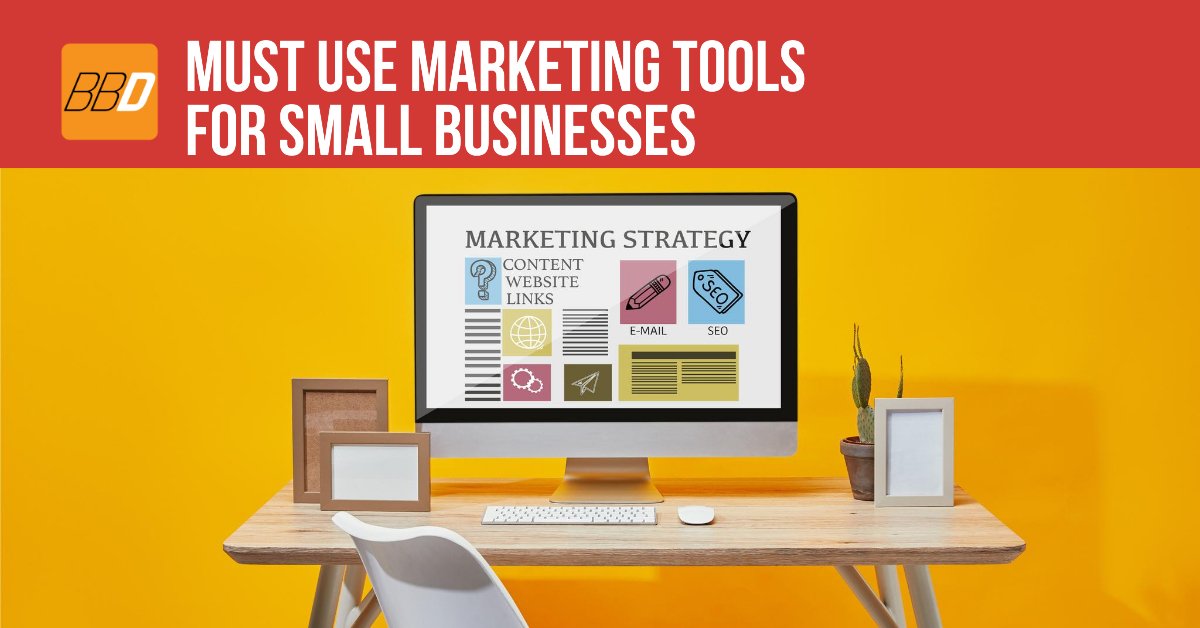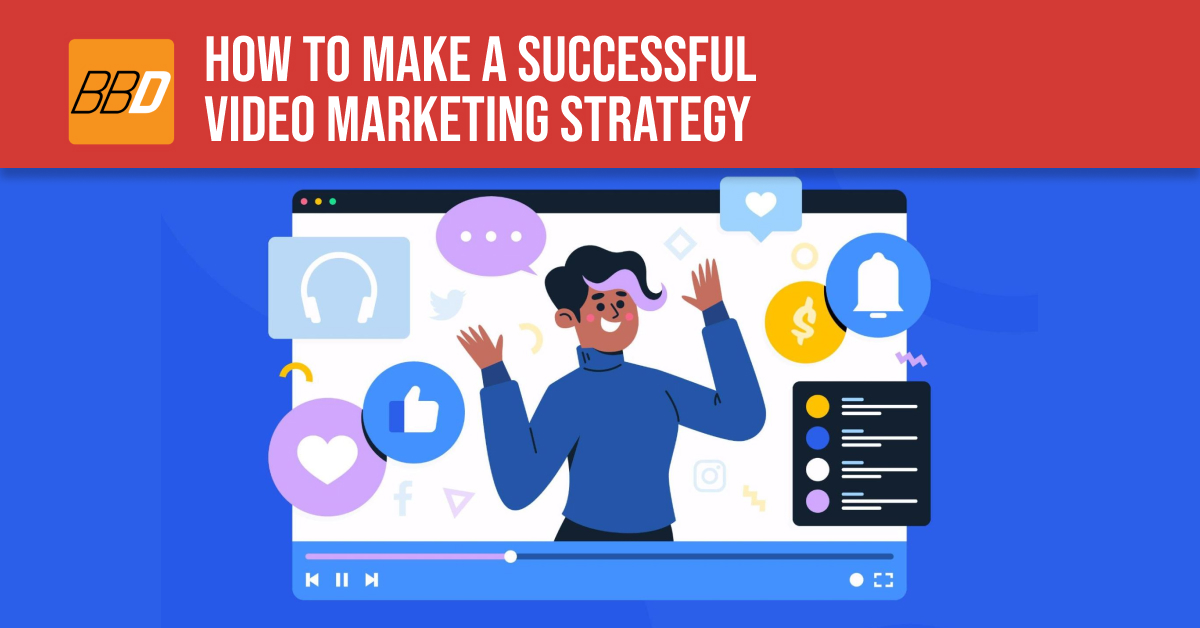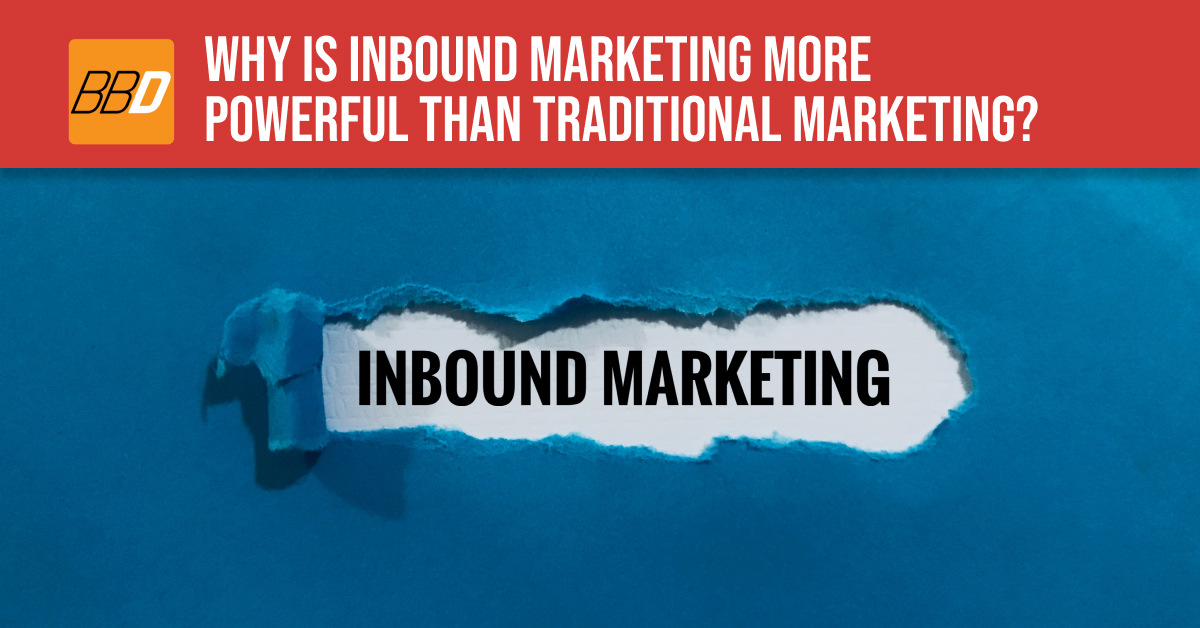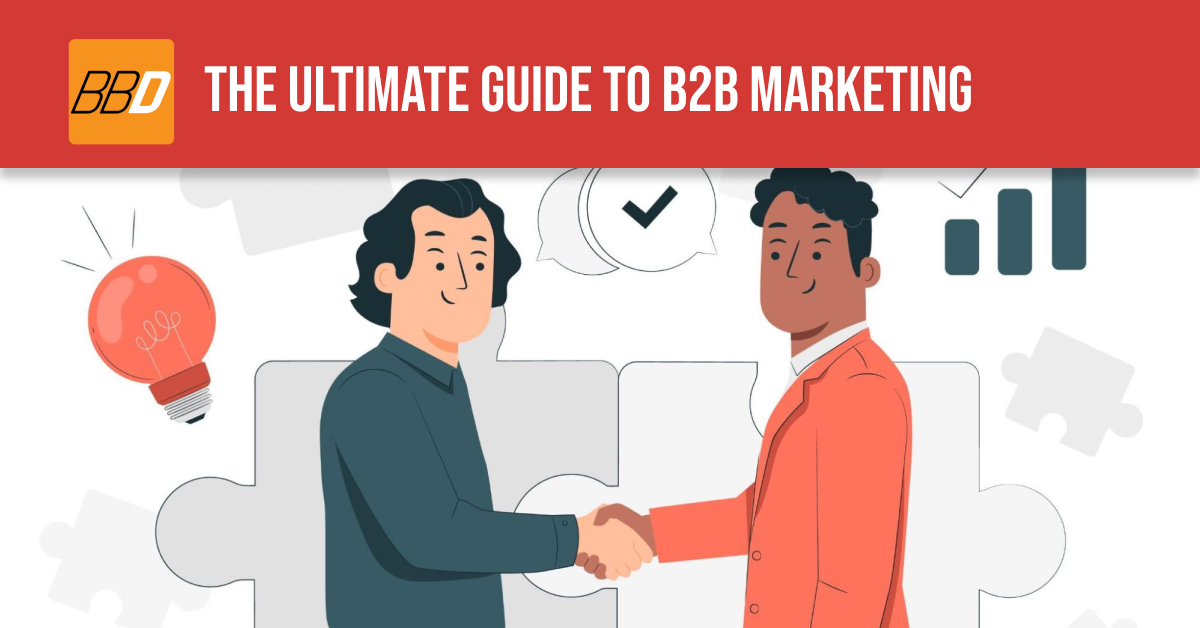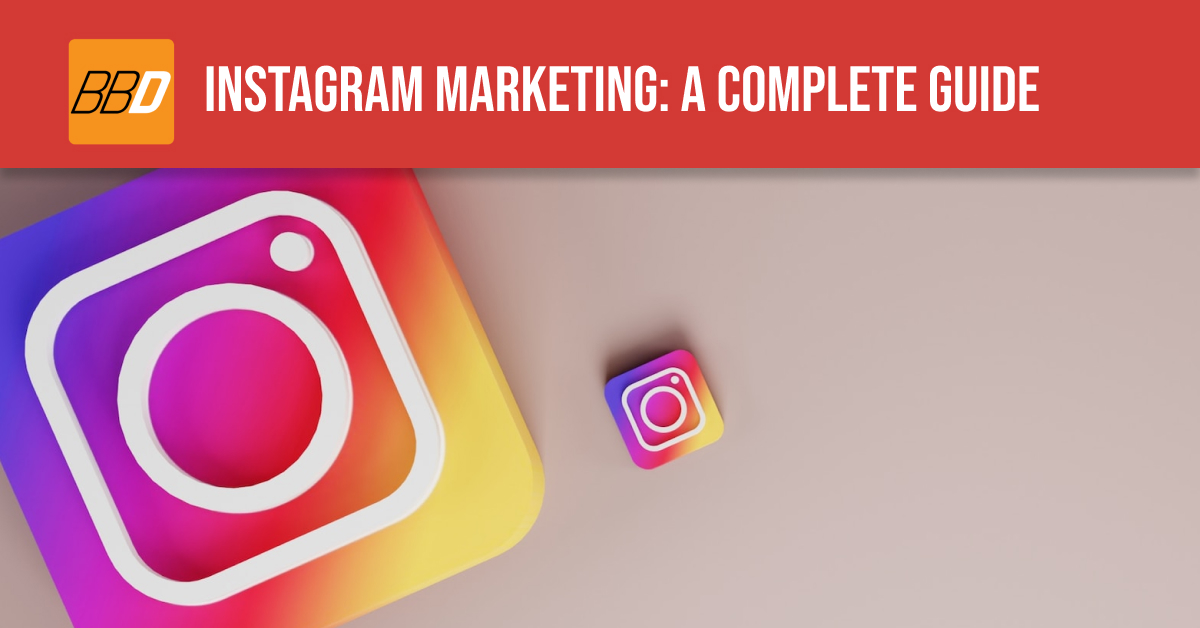Successful marketing campaigns are a boon for small businesses where marketing budgets can be tight. Success here means that you have effectively grabbed the attention of your target audience and convinced them that your products and services are worth their money. This is why in this article we’re going to focus on the tools that will turbocharge your marketing efforts.
What makes for a good marketing tool?
Good marketing tools are adapted to the needs of your business. There are many out there to choose from, and some might be great for certain businesses and industries, but completely useless for others. As such, it’s important for you and your marketing team to take certain factors into consideration.
For starters, who is your audience? Are they tech savvy, do they work in certain industries, are they businesses or consumers? You then want to figure out how the audience uses the internet. They may use social media, or they may only use email. Figuring this out will help you deliver your materials to your audience in the most effective way. Similarly, what are the most appealing materials to your target audience?
After you have gone over these questions, you will be able to create a concise list of effective marketing tools for your campaigns and increase your ROI. So let’s take a look at some of the tools that you may find useful:
1. Email marketing automation tools
Email marketing has the highest ROI when compared to other online marketing channels. That is quite a feat, but if you think about it, it makes sense. Visitors will come to your website and sign up to your mailing list looking to hear updates about your products and services – naturally this means that they are much more willing to make a purchase than other segments of your audience.
As your mailing list grows, automation starts to become more and more important. Even if you have only 5 customers on your mailing list, sending these emails by hand can be a headache. This is where email marketing automation tools come in. However, these tools are not just bulk senders, they come with a range of functionality that allows you to gather data, analyze it, and then apply the insights by segmenting your list and targeting different users in different ways.
2. SEO tools
SEO is another great avenue for your marketing bucks. However, in order to be effective you need to understand what works and what doesn’t. SEO tools can help you greatly here. You have a ton of options, from free tools straight from Google, to paid options that offer much more direction regarding your campaigns. We also offer several free tools on our website, which will allow you to check for various SEO metrics.
3. Image design tools
Top-quality images will often make or break a marketing campaign. From infographics, to logos and landing page design, images will capture a visitors attention and convey certain emotions and messages. This is why image design tools can be so useful. There are plenty of options out there, from lightweight, free-to-use tools, to heavyweight players such as Photoshop. The tool you will ultimately invest in or choose to use will depend on how heavily your campaigns will rely on images.
4. Social media tools
Social media platforms are great for reaching a wide variety of audiences and not only marketing to them, but also getting plenty of feedback. With several major platforms out there, a social media campaign can soon get out of hand, and managing various accounts can become tough.
A social media tool is designed to help you plan, schedule and deliver content through social media to your users. They are also designed with features that allow you to track engagement and gather various data in a central location, where it can be analyzed and acted upon.
Making full use of your marketing tools
Whatever suite of tools you choose for your campaign, it’s important to keep track of your ROI and measure performance metrics to see how effective each tool is. You may start with several free tools, and as your operation grows and your campaigns become more complex, make the transfer towards a paid option that offers more features. Alternatively, you may invest in a premium marketing app only to find that it is not really well suited for your online strategy. Through iteration you will be able to find the right price/quality balance for your tools.

